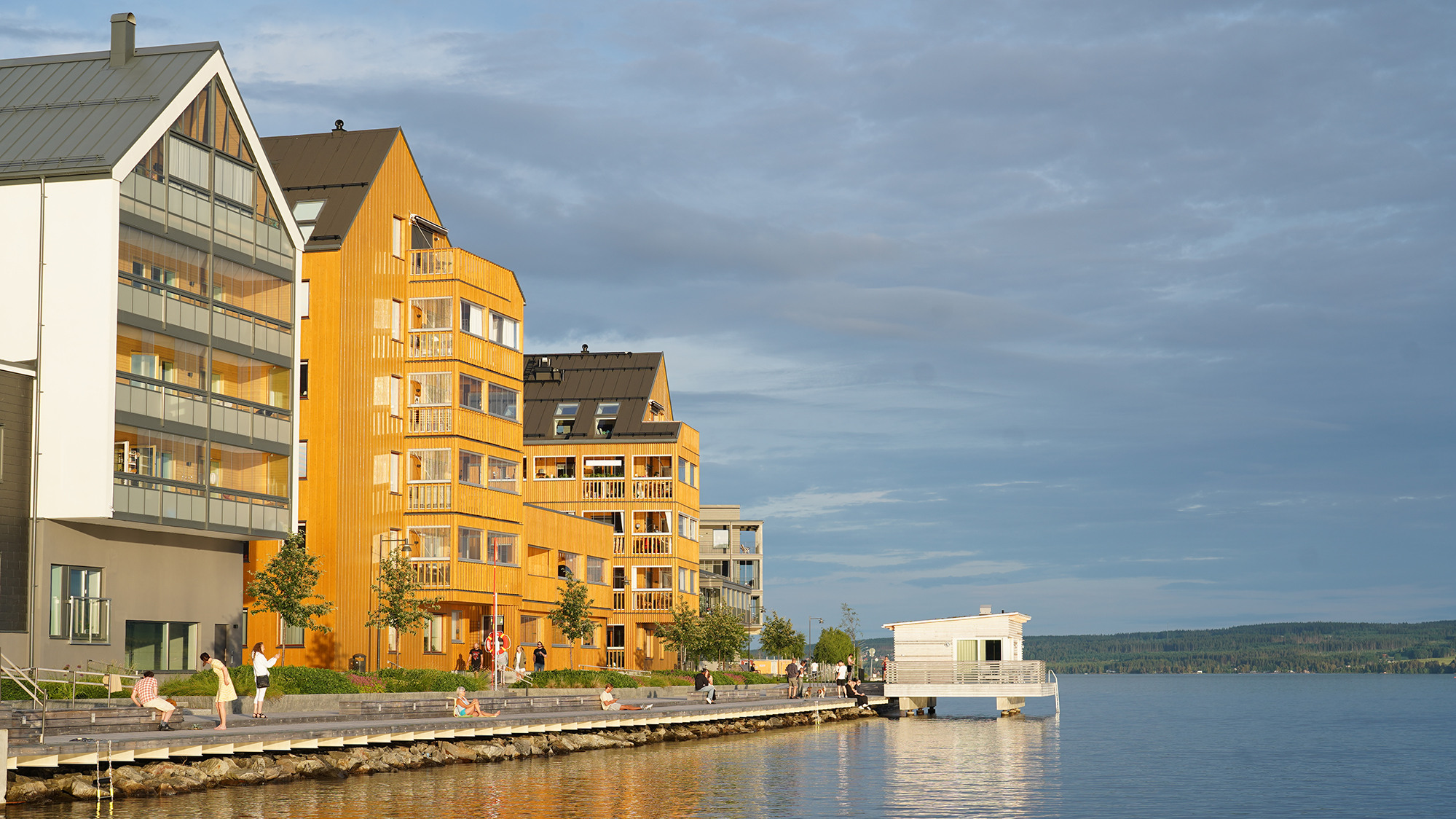Where you live affects concern about climate impacts
Photo: SGI/Torbjörn Thuresson
An increasing number of Swedish municipalities are being affected by climate-related extreme events such as floods, droughts and storms. But what do the people living in these areas think about it?
A new study from the Swedish Geotechnical Institute (SGI) shows that four out of ten citizens are worried about flooding – and that many believe houses and infrastructure should be relocated further from the coast if flooding occurs as often as once a year.
The researchers interviewed 1,000 citizens in five Swedish waterfront municipalities: Trelleborg, Halmstad, Öckerö, Karlstad and Umeå. Nine out of ten respondents believe that climate change is taking place. The main concerns are flooding and water scarcity.
“There is a statistical correlation between where people live and their concern about specific climate-related extreme events. This is important to take into account in communication about climate change and its effects. People simply think about different kinds of events, reflecting the geographical conditions where they live,” says David Bendz, Research Director at the Swedish Geotechnical Institute (SGI).
Together with two other researchers, he has published a study in Climate Risk Management that examines citizens’ concerns about extreme weather events. The study also explores their views on planned retreat – a long-term strategy to reduce flood risks by gradually relocating buildings and infrastructure away from water.
Moving further away from the water?
The study shows that half of the respondents are open to planned retreat if flooding occurs every year. If floods happen only once every ten years, most prefer to protect existing buildings instead.
Views on planned retreat differ between groups. Women and younger people (aged 18–49) are more likely to see opportunities in such a strategy. The main obstacles identified were financial, followed by technical and political challenges.
Unclear responsibility for climate adaptation
Knowledge of who is responsible for adapting private properties to climate change was limited among the respondents. Only one in four knew that the property owner is responsible.
When asked who should pay for flood protection measures, opinions were divided. About three in ten thought the cost should be shared between property owners, municipalities and the state – suggesting that many view climate adaptation as a shared responsibility.
The study was a part of the research project Climate Adaptation by Managed Realignment (CAMEL), funded by the Swedish Research Council Formas.
Contact

